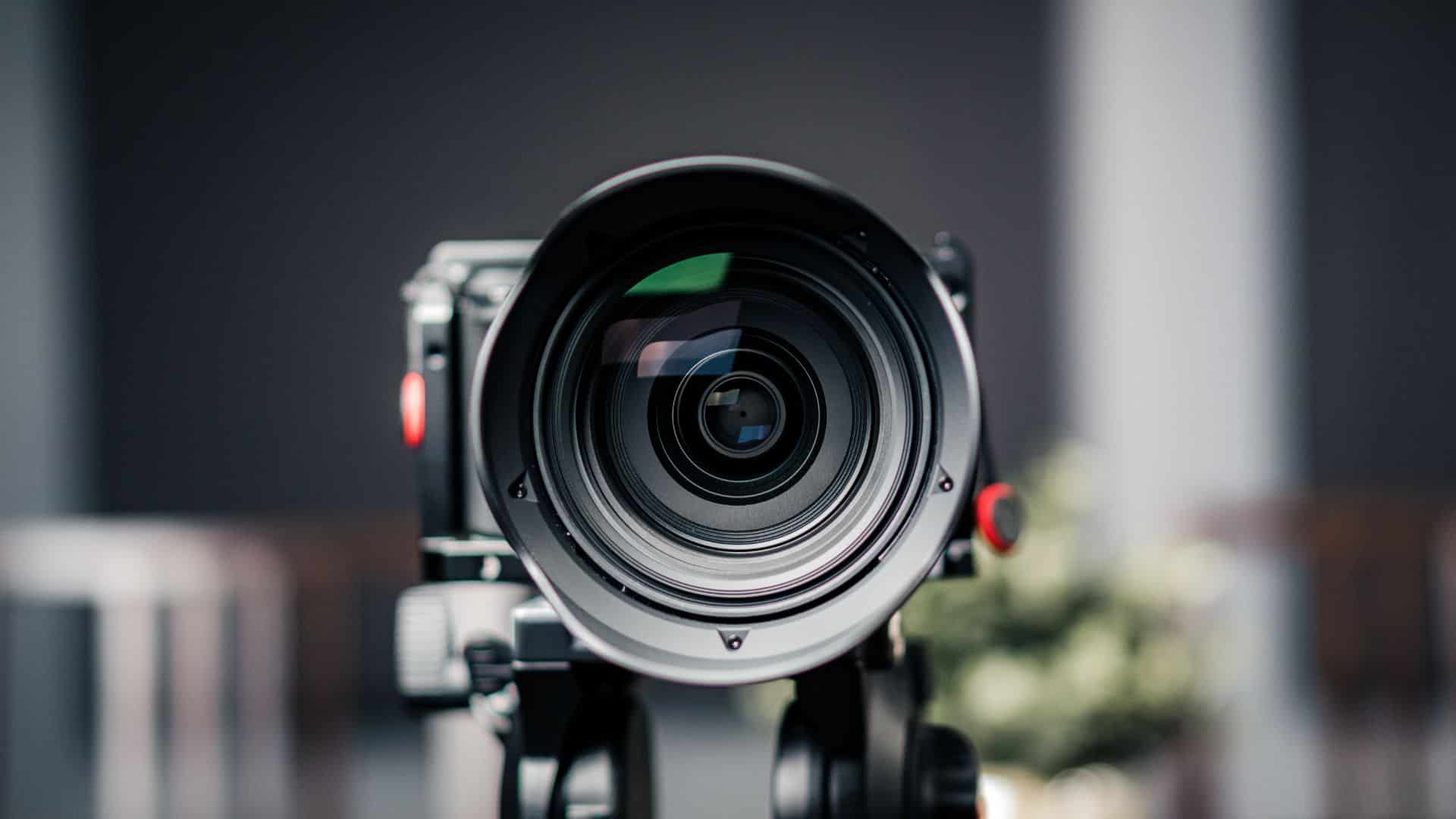The world of photography has evolved significantly over the years, with technological advancements continuously shaping the way we capture moments. One crucial element in the photography equation is the lens. Often overshadowed by the camera body, lenses play a pivotal role in determining the overall image quality and creative potential of a camera system. In this exploration, we delve into the intricate relationship between lenses and camera performance, seeking to answer the question: Do lenses make a camera better?
Understanding the Basics:
Before delving into the impact of lenses on camera performance, it’s essential to comprehend the fundamental role each component plays in the imaging process. The camera body acts as the brain, processing information and controlling settings, while the lens serves as the eye, capturing light and focusing it onto the camera’s sensor.
Lenses and Image Quality:
One of the primary ways lenses contribute to a camera’s performance is through their influence on image quality. The quality of glass, precision in manufacturing, and the complexity of the lens design all play crucial roles in determining the clarity, sharpness, and color accuracy of the final image.
- Sharpness and Detail: High-quality lenses are designed to produce sharp and detailed images. The precision in crafting lens elements and their arrangement ensures that light is accurately focused onto the camera’s sensor, resulting in crisp images with intricate details. Cheaper or lower-quality lenses may compromise on sharpness, leading to a noticeable degradation in image quality.
- Color Reproduction: Lenses contribute significantly to color reproduction in photographs. Different lens coatings and glass materials can influence how colors are rendered. Premium lenses often employ specialized coatings to reduce chromatic aberrations and enhance color accuracy, resulting in vibrant and true-to-life images.
- Low Light Performance: The aperture size of a lens plays a crucial role in low light performance. Wider apertures, represented by lower f-stop values, allow more light to enter the camera, enabling better performance in low-light conditions. High-quality lenses with larger apertures can produce cleaner and more detailed images in challenging lighting situations.
Creative Potential:
Beyond image quality, lenses greatly impact a camera’s creative potential. Different types of lenses offer unique perspectives, focal lengths, and creative options for photographers.
- Focal Length and Perspective: Lenses come in various focal lengths, ranging from ultra-wide to telephoto. The choice of focal length can dramatically alter the perspective and composition of an image. Wide-angle lenses capture expansive scenes, while telephoto lenses bring distant subjects closer. This versatility allows photographers to choose lenses that suit their creative vision.
- Depth of Field and Bokeh: The aperture size of a lens also influences the depth of field and the quality of bokeh. Lenses with wider apertures create a shallow depth of field, isolating subjects from the background and producing a pleasing blur, commonly known as bokeh. This creative control over focus adds a dimension to photography that goes beyond the technical aspects of image quality.
- Specialized Lenses: Specialized lenses, such as macro, tilt-shift, and fish-eye lenses, provide photographers with unique tools to explore different genres and styles of photography. Macro lenses excel in capturing intricate details, tilt-shift lenses allow for creative control over perspective, and fish-eye lenses create distinctive distorted images.
Compatibility and System Integration:
While lenses contribute significantly to a camera’s performance, their effectiveness is also dependent on the camera body’s compatibility and integration. High-quality lenses may not reach their full potential if the camera lacks the necessary features to leverage their capabilities.
- Autofocus Speed and Accuracy: The autofocus system of a camera body, combined with the capabilities of the lens, determines how quickly and accurately the camera can acquire focus. Some lenses are equipped with advanced autofocus motors and technologies, enhancing the overall speed and precision of focusing. However, for seamless performance, the camera body must be capable of supporting these features.
- Lens Mount Compatibility: Different camera manufacturers utilize distinct lens mounts, and while adapters exist, optimal performance is achieved when using lenses designed for a specific camera system. Investing in a camera and lens combination from the same manufacturer often ensures seamless integration, maximizing the potential of both components.
Conclusion:
In conclusion, Do Lenses Make a Camera Better is undeniably significant. From optical quality and focal length to low-light performance and creative control over depth of field, lenses contribute to the overall capabilities of a camera. Whether you’re a professional photographer or an enthusiast, investing in a diverse collection of high-quality lenses can elevate your photography to new heights, allowing you to explore different genres and express your unique vision with precision and creativity. The symbiotic relationship between cameras and lenses exemplifies the intricate balance required to achieve exceptional photographic results.
FAQs
Q. How do lenses enhance a camera’s image quality?
Lenses contribute to sharpness, contrast, and color rendition, elevating the overall optical performance of a camera.
Q. Why does focal length matter in choosing lenses?
Focal length influences perspective; different lengths cater to diverse shooting scenarios, from wide-angle landscapes to telephoto wildlife shots.
Q. Can lenses improve low-light performance in photography?
Yes, lenses with wider apertures excel in low-light conditions, allowing more light to reach the sensor and produce clearer images.
Q. What role does depth of field play in a camera lens?
Lenses with adjustable apertures control the depth of field, providing creative options to isolate subjects and create aesthetically pleasing bokeh effects.
Q. How does autofocus speed impact a camera’s effectiveness?
Autofocus speed is crucial for capturing fast-moving subjects; lenses with advanced autofocus systems contribute to faster and more accurate focusing.


